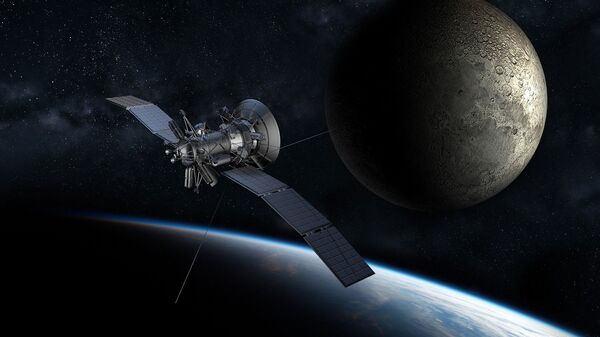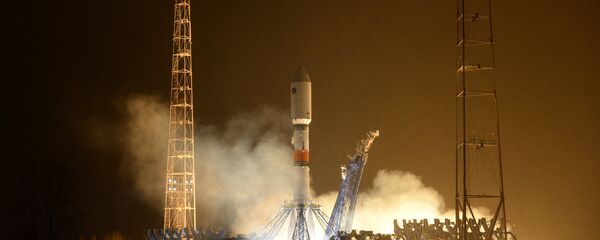MOSCOW (Sputnik) — Existing technologies have a number of shortcomings, including the limitations while operating in cloudy weather, when the Earth becomes closed to observation from satellites.
"A promising technological solution is in the transition to a high-frequency radio band that makes all-weather observations possible. High spatial resolution of the images is also ensured, as well as allowance for sub-surface sensing," Vakshtein said.
"FPI supports research on radio-optical active phased antenna arrays (ROFAR), which in comparison with widely-used technology have increased performance, energy efficiency, high noise immunity, resistance to electromagnetic pulses. All this together makes ROFAR the most advanced radar of the future," Vakshtein said.
The FPI was established in 2012 to facilitate research and development projects in the field of defense and security. The foundation focuses on three key domains: chemical biology and medicine, physics and technology, information technologies.



